Steam is undoubtedly the biggest storefront on the PC gaming block. Over 125 million people use Steam and its games market is worth over $3.5 billion a year. Steam offers so many game developers a chance at breakout success and gives players the opportunity to find hidden gems, nestled right alongside free to play juggernauts and blockbuster premium titles.
By and large, Steam is regarded as the most important storefront to get your game on if you are a PC game developer. And for the most part that’s true – unless you are a marginalised creator.
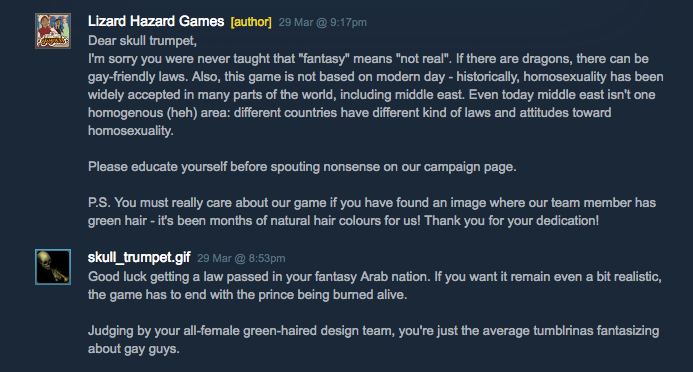
Just one example of the harassment faced by the Your Royal Gayness team.
How Steam Tackles (Or Rather, Doesn’t Tackle) Harassment
Harassment is unfortunately a common problem faced by LGBTQ, non-white and non-male creators no matter where they are online and Steam is no exception.
Two of the developers that I spoke to for this article say that they have faced plenty of harassment on Steam itself. Salli Loikkanen from Lizard Hazard Games, who is working on gay fairytale parody Your Royal Gayness, tells me that when the game first began its Steam Greenlight campaign the team “immediately encountered negative comments.”
Your Royal Gayness is set in a fantasy land with “Arabic vibes” and so the team encountered both racism and homophobia. “Some people have told us that the prince should die in a painful way “because that’s how it is in arabic countries,” says Loikkanen, who also explains that the team faced death threats. Most of the comments that the team got were supportive of the game and Lizard Hazard was unphased by the vitriol, but Loikkanen still says that this “kind of behaviour is just not acceptable.”
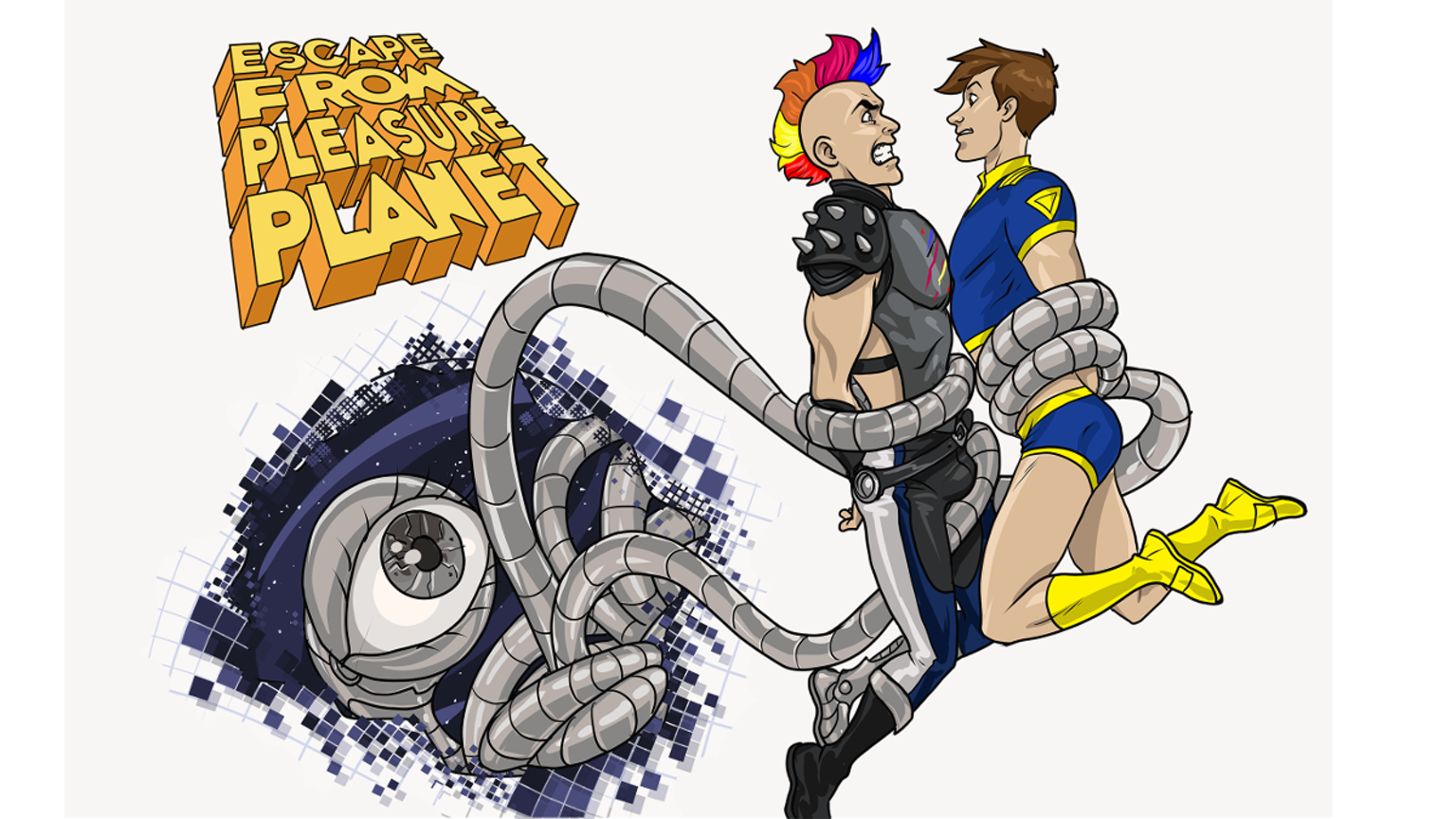
Escape from Pleasure Planet and My Ex-Boyfriend the Space Tyrant are described as “the gayest games of all time” by creator Luke Miller, who also says that both faced some level of homophobia in their respective Steam Greenlight campaigns.
“When Space Tyrant went up on Greenlight in 2013 there were a lot of homophobic and ignorant comments, some gamers took it personally that it even existed. It was a mess really.” Things were better for Pleasure Planet‘s Greenlight campaign in 2016, something which Miller chalks down to the culture having matured. “Instead of messages such as “die in a fire” [some comments asked] “why do we need a gay astronaut, can’t he just be an astronaut?”
Frustratingly, developers have limited options to address these kinds of hateful comments. There is no way to report a comment and users are only able to report the commenter by going to their profile. These profile reporting options are themselves limited and the only selection that comes close is ‘harassment.’ It’s left to developers themselves have to delete the comments or ban a user from that game’s forums.
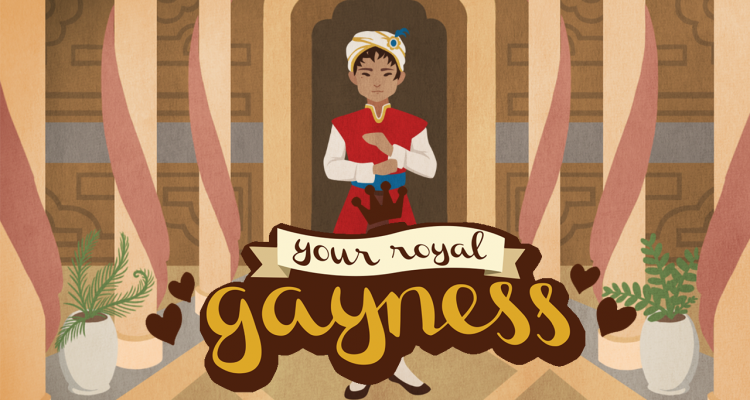
Asked how Steam could improve for marginalised developers, Loikkanen suggests that Steam needs “better systems for reporting and controlling mean or abusive users.” The only one moderating discussion on the Your Royal Gayness Greenlight page is Lizard Hazard but Valve has enough money and resources to limit abusive behaviour, says the developer.
As there is no shortage of abusive and hateful reviews as well, it would also be in Steam’s best interest to look at these too. Steam already censors reviews that feature curse words but phrases with obvious hateful messaging do not appear to be held in any sort of filter. Reviews can be reported but again, it seems that this moderation is solely left to the developer, or even their fans.
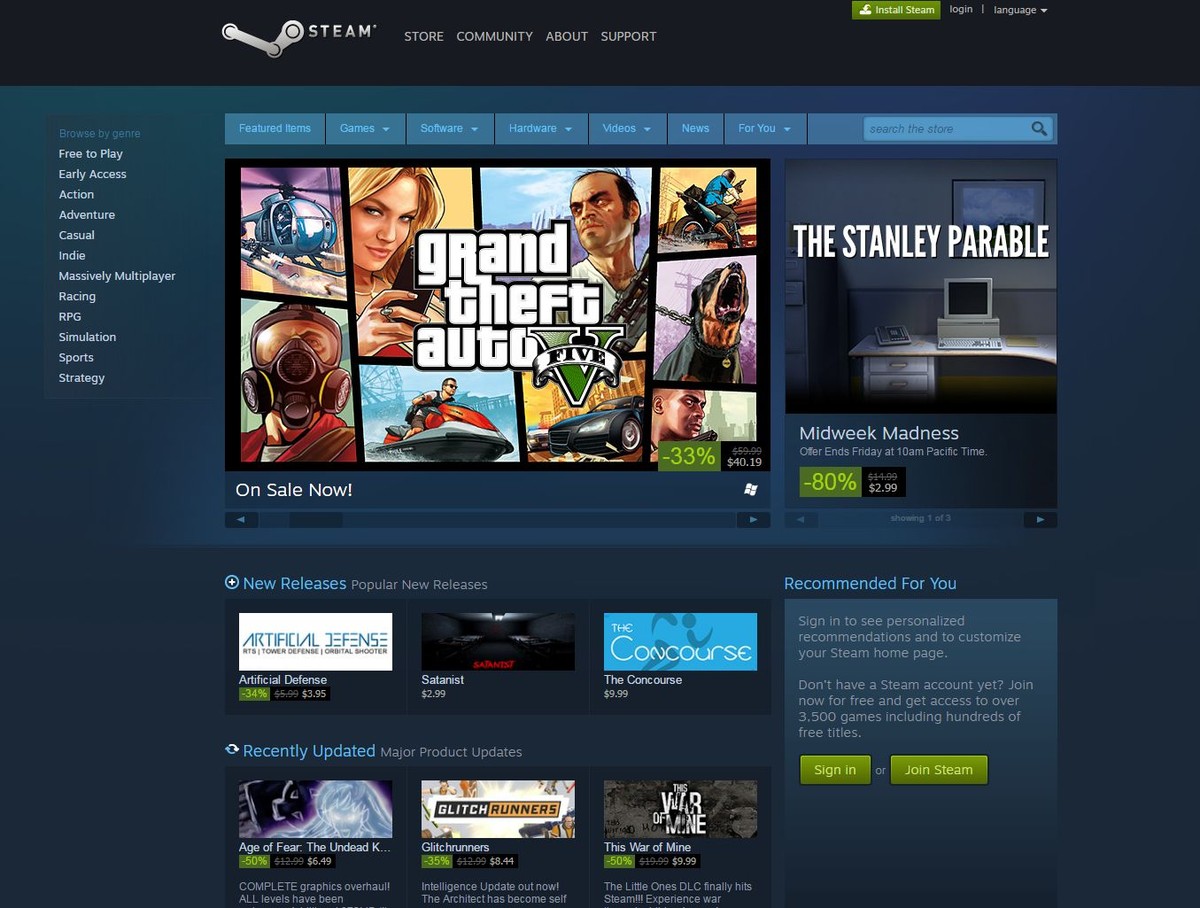
Steam Doesn’t Get Your Game in Front of Those Who Most Want It
Something that would at least decrease the hateful comments that developers have to moderate is if Steam worked better to get games in front of those that would be most interested in them. This is a challenge that Steam continues to try and address (the operative word being try) and each overhaul of the platform’s interface comes with a fresh attempt of getting games in front of their best audience.
With Steam Direct, the replacement to Steam Greenlight, Valve hopes to address this again. But Miller has questions about this too, saying that marginalised developers have something to “fear from the new way Valve presents our games to potential customers.”
“My concern as a gay game developer is that gay content will the isolated by algorithms and tags into a silo, so that only gay people will be shown my games.Hiding queer content from straight people is a new form of invisibility. Not only is it terrible for gay people, it’s also unfair to modern straight people who are not the same community as they were even just ten years ago. An algorithm that hides queer content from straight people is making a blanket assumption about their prejudices and deprives them of different and unusual gaming experiences they might enjoy.”
One could argue that getting games in front of interested players is tricky so long as Steam fails to offer proper moderation and reporting tools. For example, a lack of tags for games with LGBTQ+ characters and themes also makes it harder for players to find what they are looking for. But as harassment plagues Steam and tags have already been abused since the feature was first rolled out in 2014, it makes introducing new tags a headache.
Though, one workaround is the Curator system which Valve has promised to improve and make it another “good solution” to getting the rights games in the hands of the right players.
These improvements include adding personal lists, featuring advice and offering easier access to pre-release content. I’d also like to suggest dealing with the concerns detailed in this Twitter thread (cw Nazism at the link) as an area in need of some help.
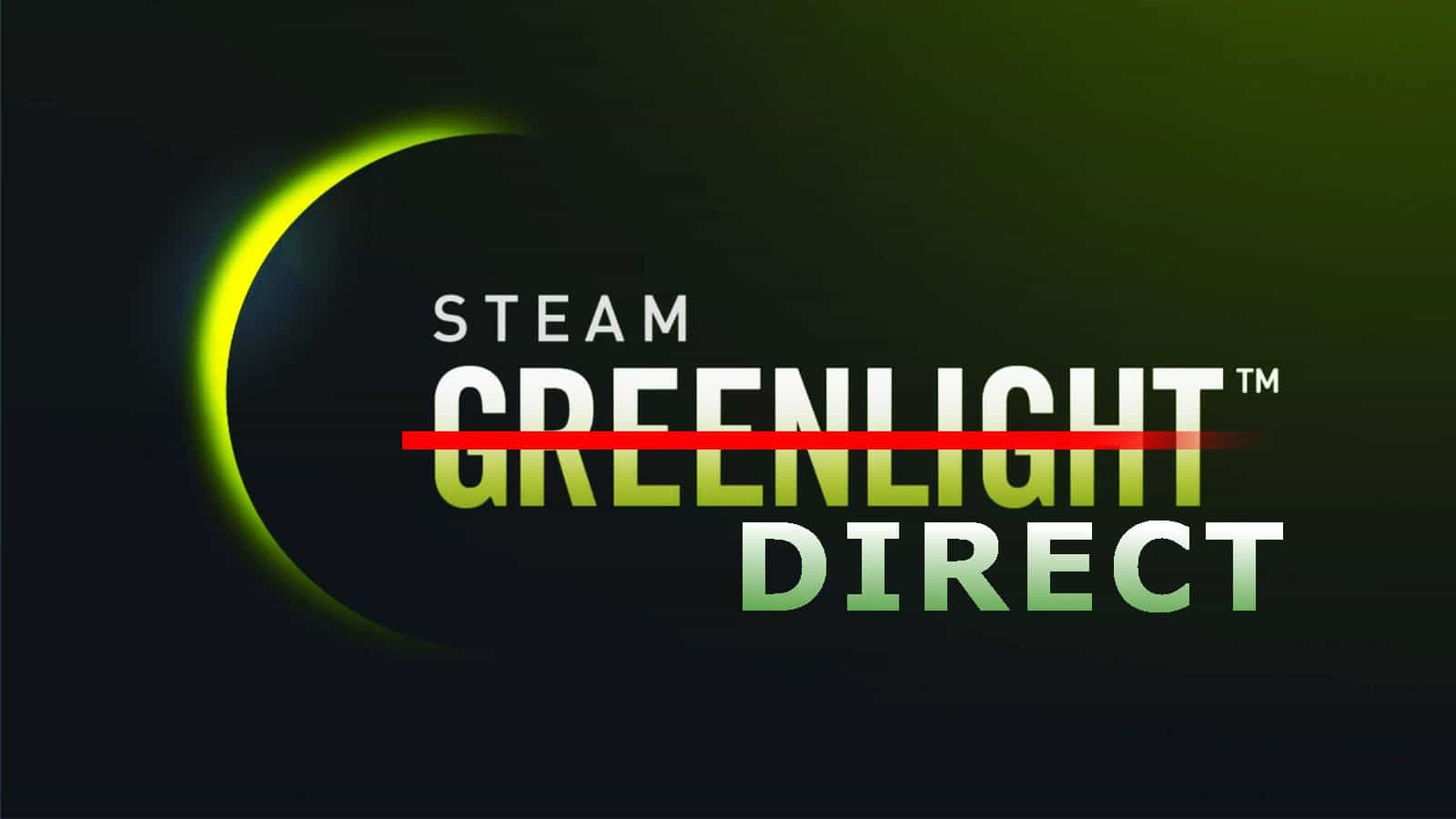
The (Other) Problem With Steam Direct
Of course Steam Direct doesn’t just replace Steam Greenlight as a way of getting games in front of players, it’s also the new way for these games to onto the platform in the first place. The changes go far beyond the name but it’s specifically the change in pricing that could be disastrous for marginalised developers.
Direct’s pricing works differently Greenlight, which saw developers pay a one-time fee $100, with as many games as they want being eligible to seek Greenlight votes. These votes would eventually get them onto Steam proper. But with Steam Direct, developers must pay $100 for each game they put on the service and though this is recoupable Steam’s announcement post doesn’t explain how.
All of the developers I spoke to had major concerns.
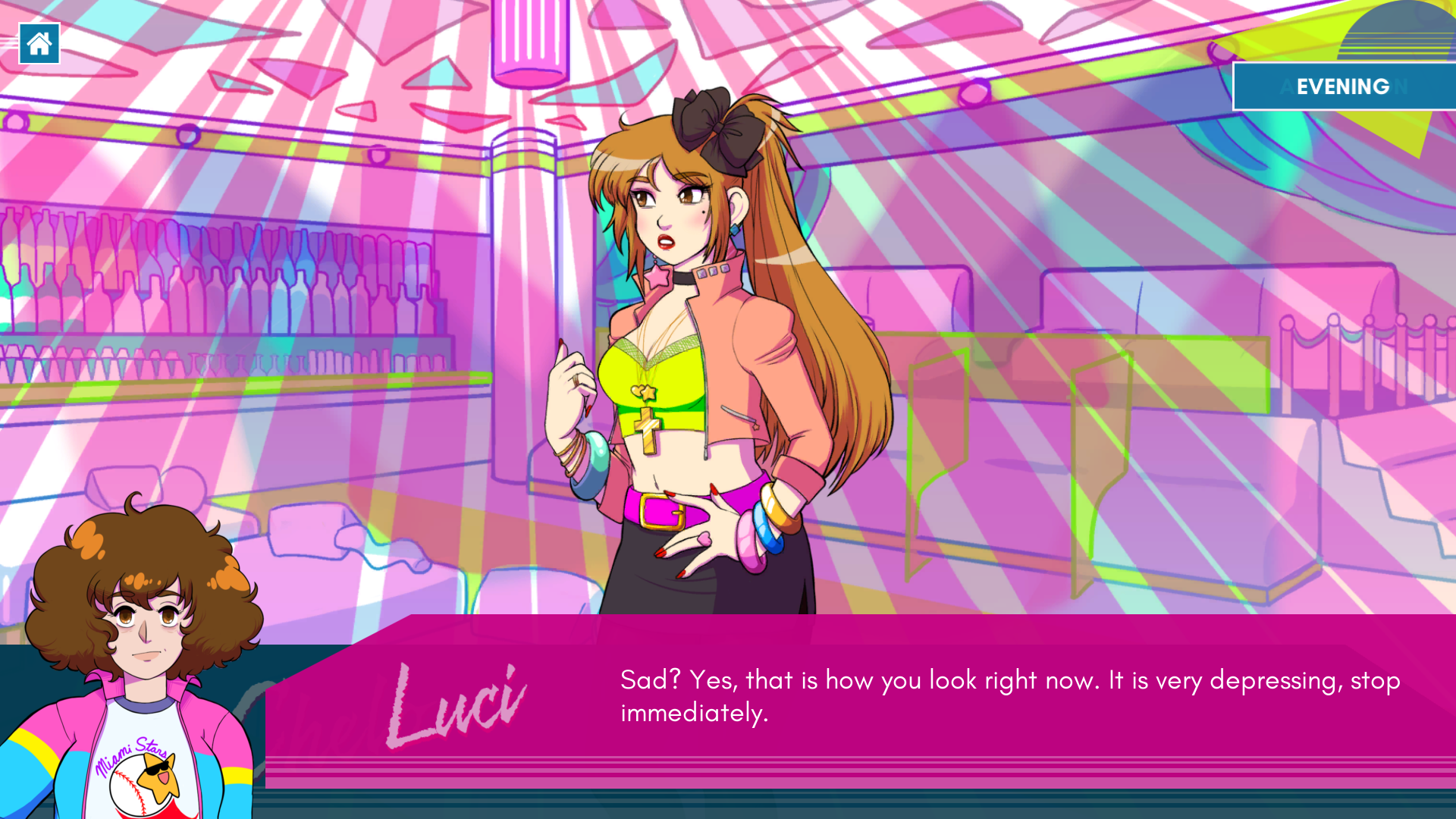
One developer with questions was Jo Fu of Pillow Fight Games, an inclusive publisher that has put all of its games through Greenlight (including We Know the Devil and the recently Greenlit Ghosts of Miami). Fu tells me that that team is “a little worried” and that “as a microindie, it’s hard to be judged against the big-name game developers. I understand that Valve wants to make sure that people are serious about publishing their games. But there has to be a better way to judge ‘seriousness’ than the money in your bank account, right?”
J.C Holder, the developer behind queer furry visual novel Anthrotari also suggests that changes to the application fee will “impact marginalized creators more than most, given their disproportionate lack of resources.” Holder adds that “Indie games are expensive enough to produce without expecting the poorest of developer demographics to also pay just to enter the most lucrative market. As the saying goes, money is supposed to flow to creators, not from them.”
Loikkanen voices similar concerns, and also notes that that if Steam Direct is “not made well or if there happens to be even just one homophobic or otherwise hateful Steam employee in charge of deciding which games get in and which don’t, it could be disastrous for games that deal with subjects like sexual minorities.” Admittedly Steam Direct does solve another major problem with Greenlight – users down-voting games by marginalised creators due to bigotry – but it comes with its own issues too.
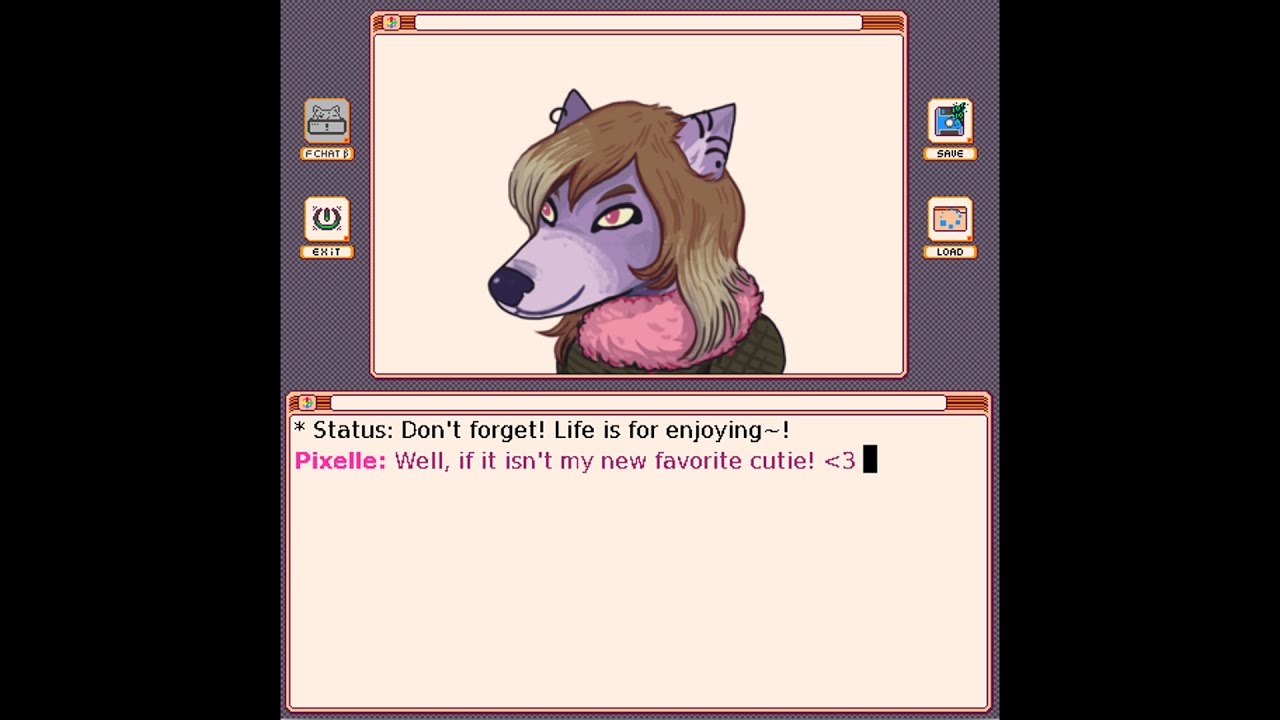
…and Beyond
Steam Direct has been live for almost two weeks, as of the time of writing, and so the full effects of the new system have yet to be felt. Fu expects marginalised creators to adapt to the pricing changes in particular, saying that “I imagine we’ll see Direct charges added to Kickstarter campaigns and Patreon tiers.” Fu also hopes that fans will continue to “amplify the needs of diverse creators, and make sure that we don’t lose any talented voices just for lack of cash.”
Moreover, Holder suggests that “providing scholarships and such to marginalized developers would also make a huge difference, as would special promotions just for marginalized developers (but beyond just sales that cut into profits).”
“Valve will need to invest in directly in fostering and protecting marginalized developers if they want to keep the platform vibrant and creative,” continues the developer.
Steam itself says that “we knew that we wanted it to be as small as possible to ensure it wasn’t a barrier to beginning game developers, while also not being so small as to invite easy abuse by people looking to exploit our systems.” The company also suggests that it has had “great conversations” with developers and players about the price.
But what of the other issues raised by developers, particularly about abuse? Steam doesn’t say. So whether the platform holder will take heed, or whether it will allow marginalised creators to languish and remain stymied by the storefront’s tools and policies is yet to be seen.
Jasmine Henry
Latest posts by Jasmine Henry (see all)
- Twitch Spambot Drama Highlights Another Side to Harassment Issue - January 25, 2018
- Overwatch League Skin Unlocks Have a Dumb ‘Easter Egg’ - January 11, 2018
- Call of Duty: WWII’s Female Soldier ‘Rousseau’ Deserves Her Own Spin-Off - December 8, 2017
